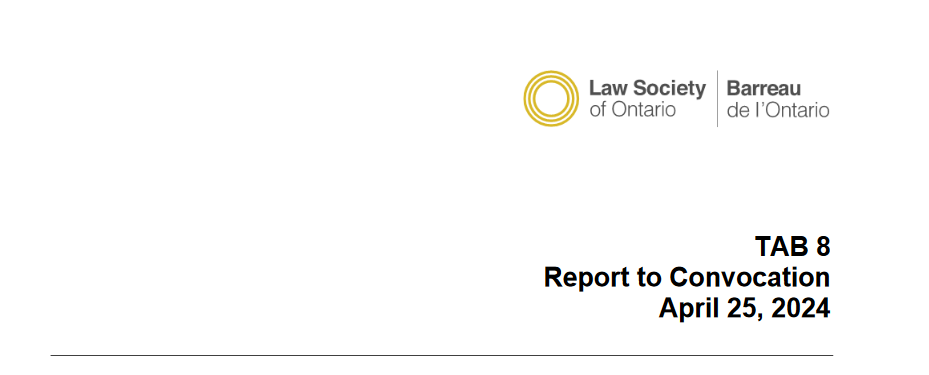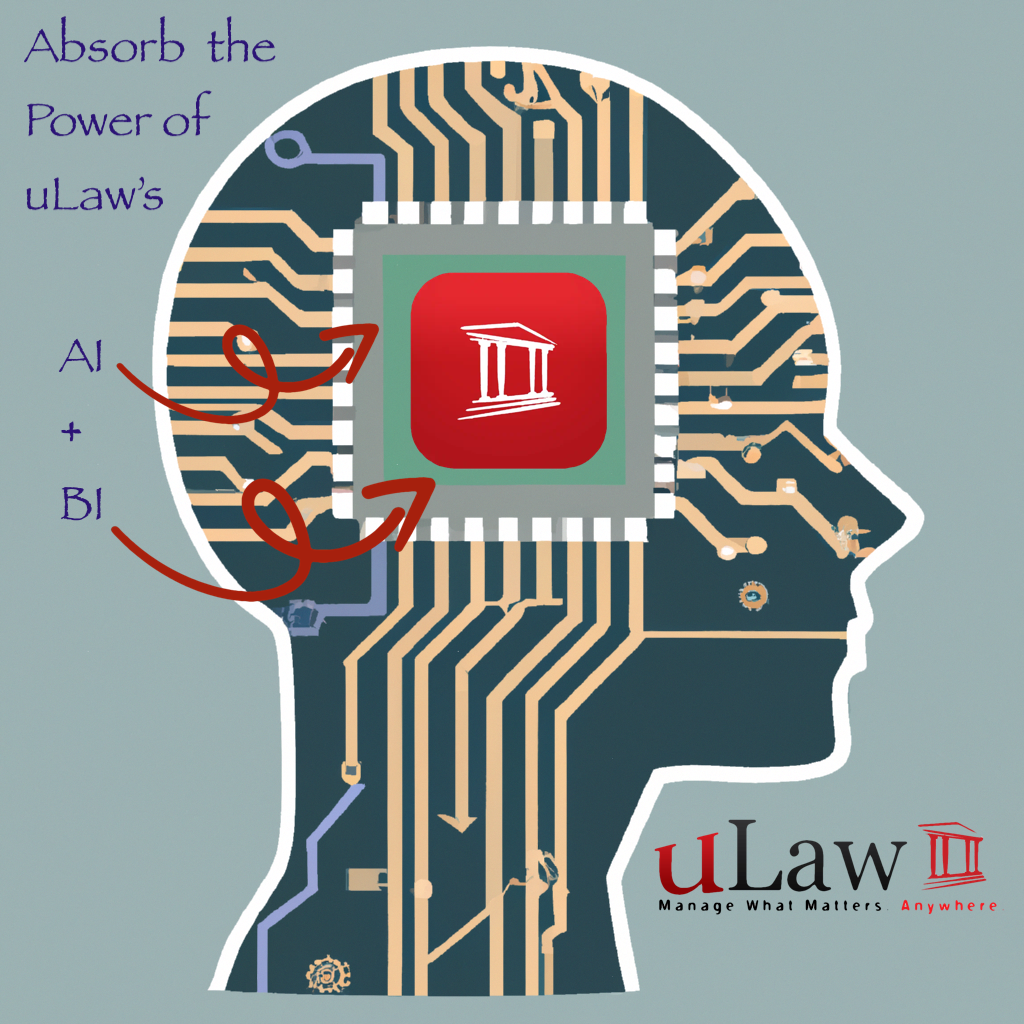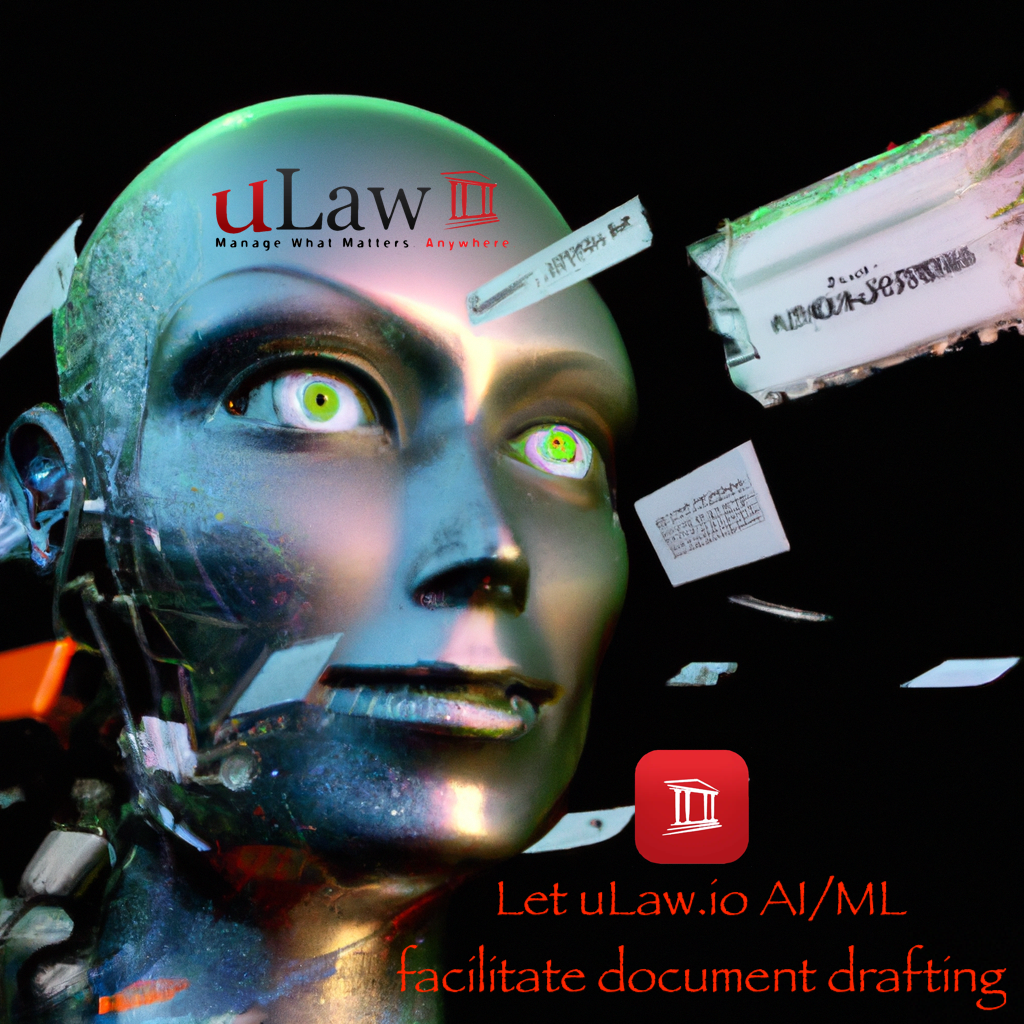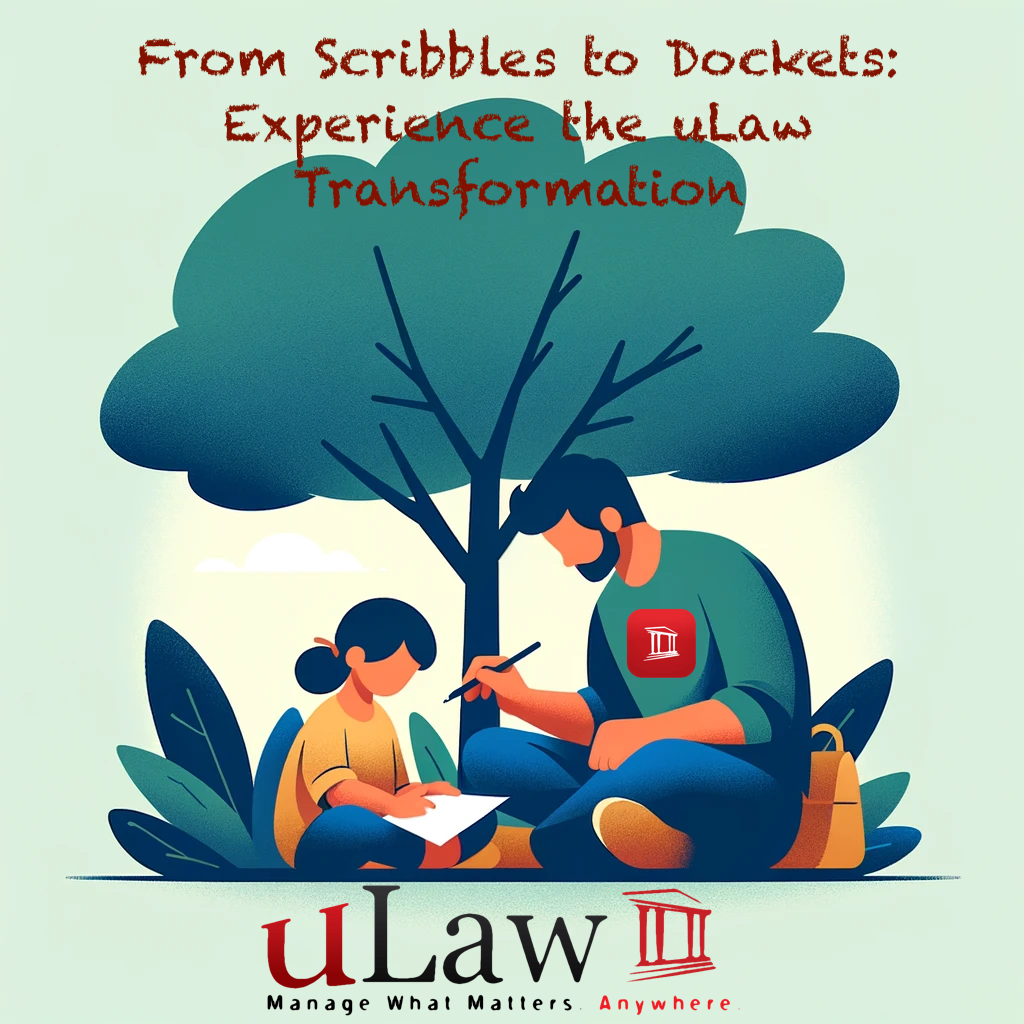Ontario Law Society releases a whitepaper on generative AI usage of its licensees

During April 2024 convocation, the Law Society of Ontario released a whitepaper penned by an assemblage of authors regarding the usage of generative AI within the legal practice conducted by licensees that it regulates.
The paper, which can be viewed on their website, offers guidance and considerations for those who may be keen to instruct ChatGPT, Claude, Gemini, Bing AI, and many of the other LLM's that are popping into existence in the near future.
While many industries are now beginning to provide guidance to users in different fields, this whitepaper stands out for Ontario Lawyers and Paralegals for a few reasons:
Comprehensive Coverage of Legal and Ethical Issues
The whitepaper provides an extensive discussion of the potential legal and ethical challenges posed by generative AI, including risks like the inadvertent spread of confidential information, generation of inaccurate or biased information, and the formation of unintended licensee-client relationships.
Specific Guidance on Professional Conduct
It links the use of generative AI directly to the existing Rules of Professional Conduct (RPC) and Paralegal Rules of Conduct (PRC), which has not previously been explored to such an extent by the Law Society of Ontario as it has with this paper.
Best Practices and Preventative Measures
The paper offers a series of best practices tailored to the use of generative AI. A very big emphasis is placed on the necessity of supervision of AI usage; since AI can 'hallucinate' and provide unintended results. If left unchecked, this could certainly be catastrophic.
Emphasis on Technological Competence
A notable characteristic is the emphasis on the necessity for licensees to develop technological competence as part of their professional obligations, urging them to stay informed about developments in AI technologies relevant to their practice areas.
Feedback Mechanism
LSO's Futures Committee (which penned the white paper) is looking for feedback from its licensees about the guidance its providing. This shows a rather dynamic and open approach to policy-making around this rapidly advancing phenomenon.
Resource and Support Availability
For a few years now, the Law Society of Ontario has maintained a Technology Resource Centre which can be used for practitioners to educate themselves on technology use associated with their legal business.
uLawPractice CPD-accredited webinars series is listed as an educational resource at LSO's Technology Resource Centre. The company invests heavily into legal education and is taught in a majority of paralegal colleges as well.
AI in uLaw
After rigorous testing and training with machine learning algorithms and Large Language Models, uLawPractice has taken the step of incorporating AI tools inside of its software; enabling lawyers to create draft documents which they can supervise, proof-read, and edit.
Our prompt engineers have to date focused largely on allowing users to select from a series of options mostly related to how concise its responses will be. For example, sometimes it is highly unnecessary and redundant to create client communications filled with jargon or uninteresting details not required to convey important information to a client. uLaw AI tools can be used to provide summaries. The opposite is also possible.
If users would like to learn more about uLaw AI tools they can have a look at our blog articles on this subject:






